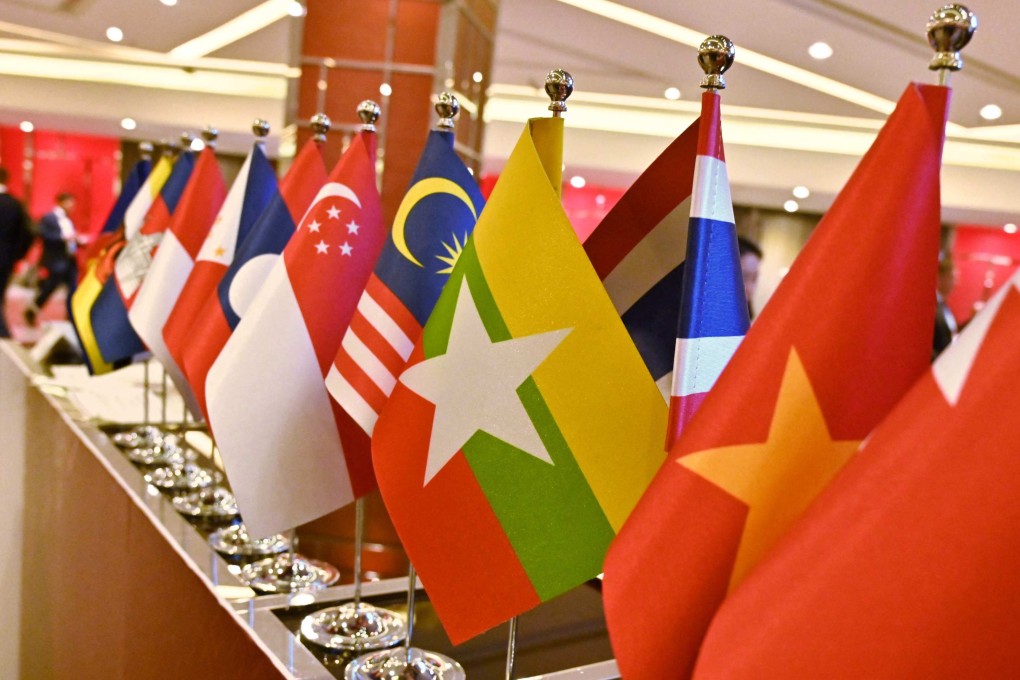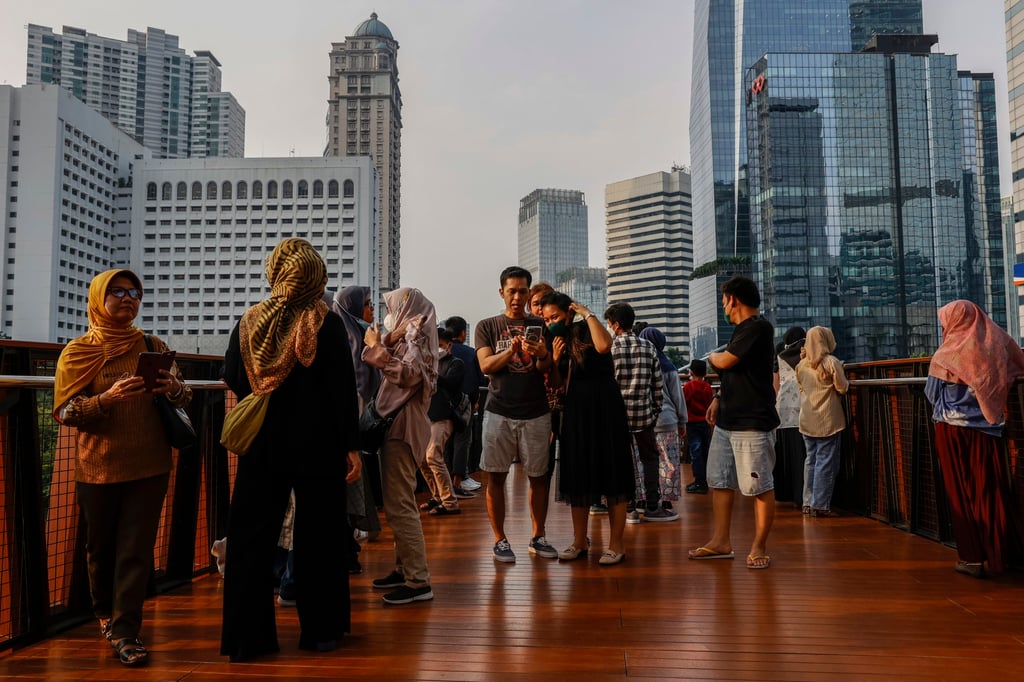Asian Angle | Without Indonesia and Asean, the US’ ‘pivot to Asia’ is stuck in the starting blocks
- Trade and investment need to be front and centre of this week’s US-Asean summit as Washington’s ‘Indo-Pacific Economic Framework’ remains poorly understood
- Engagement must also be constant and consistent if the US wants to unlock opportunities in an economically vibrant region where China’s influence is growing

This week’s US-Asean Summit offers Washington the chance to make its long-discussed “pivot to Asia” a reality, especially as the bloc – with its combined population of 667 million and an aggregate gross domestic product of US$3 trillion – is set to become the world’s fourth-largest economy by 2030.

With its US$1 trillion economy and 278 million people, it has a huge domestic market and youthful talent pool. Given all this, there can be little doubt that there will be no “Asian Century” without Indonesia.
And yet, the country’s US$30 billion in bilateral trade with the US is 38 per cent of its two-way trade with China. Similarly, Chinese foreign direct investment in Indonesia was US$904.34 million in 2020 – 47.55 per cent higher than FDI from the US, according to Bank Indonesia figures.
While the reality is, of course, more nuanced, China’s growing influence in Southeast Asia rests on the fact that it appears to support, rather than dictate, the economic aspirations of developing countries in the region.
Opportunities to unlock
US military and security cooperation with Indonesia and other Asean countries is greatly valued, but there are so many more opportunities that can be unlocked.
